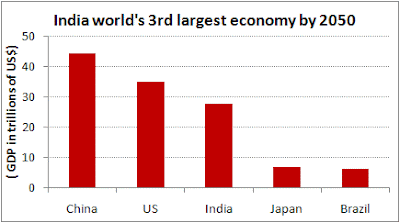Contrafreeloading
In a set of lab experiments involving rats, the rodents were taught to press a lever to get a reward, usually food. Once the rats had learnt this technique, a cup of the same food was placed in a cup inside the cage. The cup in the food was there for the taking: unlike the press-lever-for-food mechanism, it didn’t require any action by the rats. This is where things get strange: even after the rats had discovered both ways of getting food (by working on the lever and by doing nothing), the majority of rats preferred to “earn” their food by pressing the lever! And this just didn’t happen with rats. Fish, birds and monkeys behaved the same way preferring to “work” to get their food. Maybe the preference to work is something that is hard wired into all species for survival reasons. I mean, in nature, one can’t get food for nothing. And a species that expects to get food without effort will go extinct soon enough. We humans behave the same way. Even though people curse thei




